In&Out JAZZ – Welcome to Madrid, we are delighted to have you here. How are you feeling?
Fred Hersch – I am good, thanks. I don’t remember now, but I think that the last time I was in Madrid it was with the trio. Something I can tell you is that lately I remember good halls and good pianos around the world, how they work or the difference between them, specific ranges that sound better depending on the model.
In&Out – You have had a close relationship with the piano for more than 40 years and you are still touring, most of the time in small formations like this concert with Avishai Cohen or by solo performances. What is your relationship with the piano now?
F. H. – I love it and I feel really loose. Since the pandemic, fortunately, all of the concerts where I have played have been with musicians that are in the flow of the music, not much is predetermined. I have played with Enrico Rava, Dave Douglas, now with Avishai Cohen… all of them are different but great. I find it hard to play with musicians that are too much inside their heads. I always say to people I love my work. I make stuff up and I get paid for it. It’s a great job.
In&Out – Then… was playing piano solo concerts a natural consequence of your life, due to your needs and loves, or was it a conscious decision?
F. H. – In 1977 in New York I was hanging out a lot at Cork Bradley’s, where all the piano players were hanging out. There were lots of piano players and bass-piano duos there, with Tommy Flanagan, Hank Jones, Jimmy Roles, Kenny Barron… I remember Rolland Hanna said to me: «you would be a very good solo player, you should really develop that», and he was a very good solo player, so I did it. In 1980 I gave my first solo concert and my first solo album came out in 2001. I have equal solo albums and trio albums. Playing solo… is very challenging, you can´t take a break for the drums solo! (laughs)
In&Out – You have used many different approaches, textures and creative skills in your performances, we could say that your piano playing has a very sensitive and refined touch, where do you think that this art of playing comes from?
F. H. – I played classical music, not so much in public but for me, but I grew up listening to it. I did not listen so much to popular music. When you listen to a lot of great piano players and piano music you can hear the possibilities of the piano, so I never transcribed solos but I got ideas and tried to incorporate all these elements, for example: the piano can be a drum set, an orchestra, a singer, a horn, it can go in opposite directions, multiple directions or play different voices. This is a feature of my playing and I find it interesting to do… You don´t read into the piano but different piano players have their own particular sound, not the notes but the way they engage with the instrument.
In&Out – The pandemic has greatly affected a lot the sector of music and culture, how did you deal with the Pandemic from the beginning of it until now?
F. H. – I actually did not even touch the piano for months during the pandemic but, among many other things, I did meditation -but not Zen. What I do is, I sit everyday for 35 minutes, although is difficult to do it when being on the road.
When I started meditating, I realised that I had been meditating for my whole life with the piano, so instead of the breath as the encore, it was the sound the anchor, how you actually make the sound and how you put this sound in rhythm, this is active meditation. It is not about what you play -a hype chord or something fast-, it is about the feeling.
In&Out – Also, during the Pandemic, you did one album, Songs From Home, right?
F. H. – Yes. That album, Songs From Home, was simply me playing songs I like just to make people happy. So, people could be with me relaxing in my living room while I play songs that I Iike and, in that way, we all have some nice moments together.
In&Out – Talking about the Pandemic and the difficult moment of global health, we know you have been dealing with health issues for years, how did your health situation affect your playing?
F. H. – I was very sick I almost died twice, and when I came back things changed, so there is kind of a pre period and post period. It was 13 years ago, since then I know my playing has changed but I cannot tell you how.
Also, when you get older, your memory is not so great, your repertoire gets smaller and now, after a year without practicing or playing music in the pandemic, I appreciate music more. I have got to the place I always wanted to get to, where on the one hand I care deeply about the music but on the other I just do not care about whatever it happens.
In&Out – You said tonight, with Avishai Cohen, the main focus will be on improvisation, but also, you have been using composition for a long time. Which area takes precedence in your life?
F. H. – Nine of the last twelve albums were live because I do not like the studio so much. I feel that is real jazz, my best stuff is live. But as an artist I’m conscious of my career, and I know you cannot just do always the same thing, otherwise no one would pay attention.
In&Out – You have been teaching for many years in institutions, and also influenced big musicians like Brad Mehldau, Ethan and Sullivan Fortner… what do you think about the institutionalization of jazz?
F. H. – Well, in order to set things to students or to make a model for jazz education, it has to be driven by information, not by theory and transcriptions… In a way I was lucky because I did not have a teacher before I went to New York, and I was an apprentice, that was what everybody did at my time: I played with Joe Henderson, Stan Getz…
I composed my own pieces very late. Now everybody has the goal of having their own band with their own music and I think is equally creative to play something somebody else wrote. Not everybody is a great composer, something great for me is something that sticks, like a Sonny Rollins solo that I can almost sing… I would never write it down, for example, but I sing it.
In&Out – Did you enjoy being a sideman? As I see you do not do it anymore.
F. H. – Lately I do not tour with other people as a sideman, people do not think of me as a sideman anymore, they think I am busy or that it would be too much expensive, aso. There was a time that I was a sideman, when I was thirty, and I learnt from that. But now it is different.
In&Out – How is jazz education now?
F. H. – Jazz education consists now of students who do it like a duty, they learn and can play but nothing is personal, it is more craft than art, and then there are musicians who have big influences and take it personally. They take music from other countries or from hip hop or classical contemporary music wherever, so there is not much swing inside so maybe it’s jazz but not jazz, although there are very accomplished musicians who have found a way to speak to their generations and to themselves.
When you suggest playing or writing down what Herbie wrote in 1963 it makes people develop a lot of fear but if it is something new you cannot be afraid of, you just have to embrace it. Also, now we have a group of people who have doctorates but never tried to make a living out of music, so it is very academic, and that fact can make people competent but it does not make them creative artists.
In&Out – How was jazz life back then for you?
F. H. – When I went to New York I was 22 years old and it was very simple, you had to be able to know how to swing, how to compose, to read music, have the tools and be prepared to return phone calls… Now everybody is expected to be a bandleader, composer, social media expert… what is expected nowadays is different than before.
In&Out – What would you say is missing nowadays?
F. H. – One thing that is missing is listening not only to what happened in the 70s but to the whole history of jazz. Throughout these times there have been and there are amazing pianists.
Man has to understand the different trees of jazz piano. Like, for example, Duke Ellington, Monk, Herbie Nichols, Andrew Hill. That would be one tree, or James P. Johnson, Art Tatum, Fats Waller, Oscar Peterson… that is another.
Unfortunately, people don’t listen to albums anymore. We read to the note, aso. Our attention has got shorter due to new technologies, and this is affecting a lot the education we are having.
In&Out – Is jazz nowadays more skills centered than an artistic expression?
F. H. – Most of jazz students want to know: «how can I do this?» but you just have to try things and commit mistakes until you learn… it is not I am going to do this and this and I am going to be a good jazz musician, it is a language and you have to speak it, and so, it takes time.
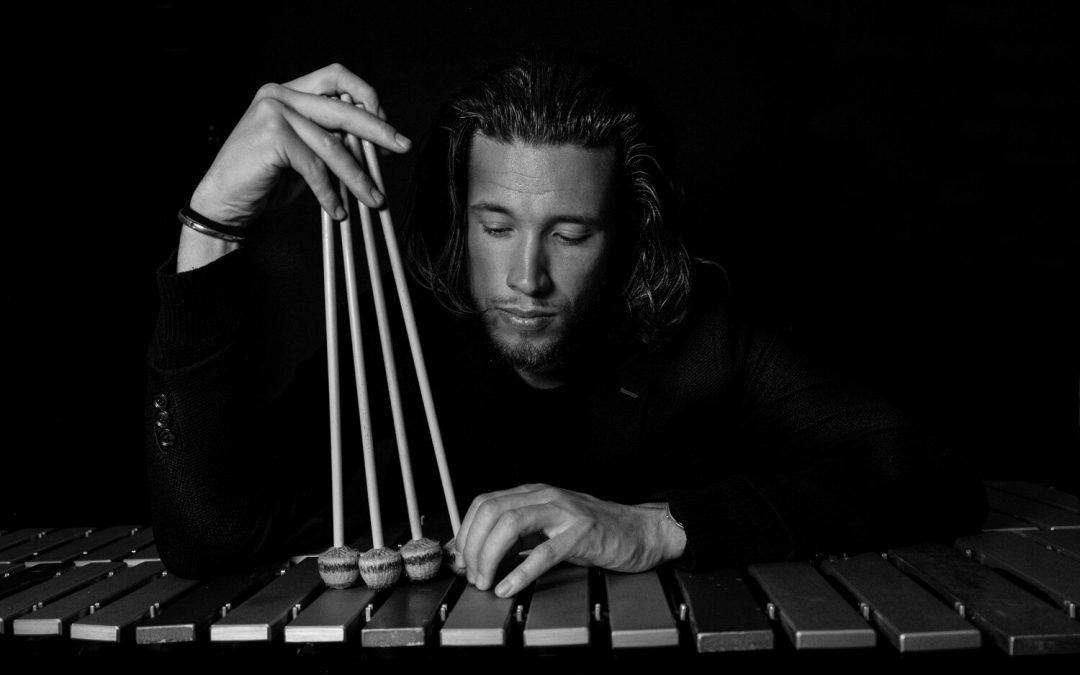

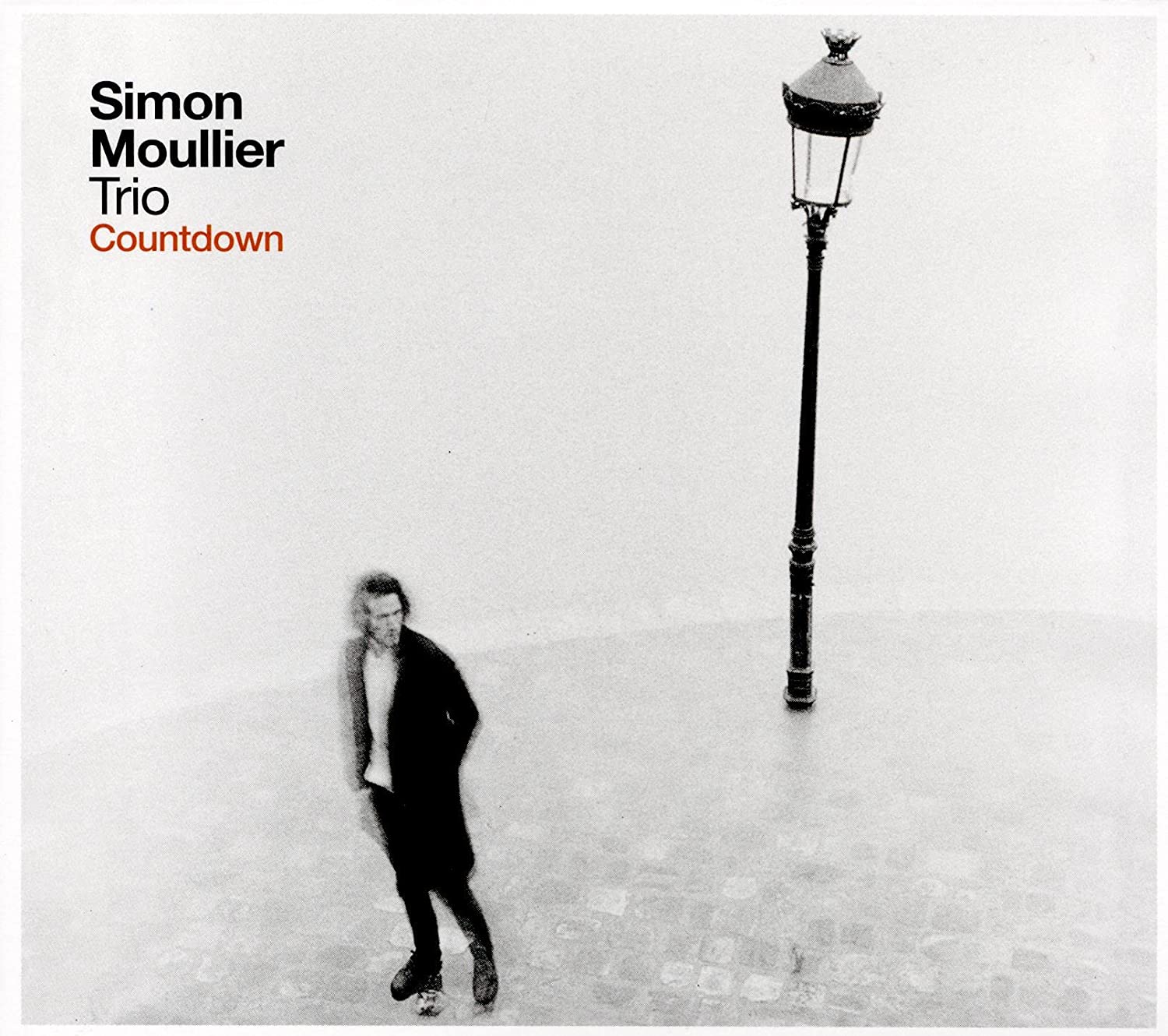
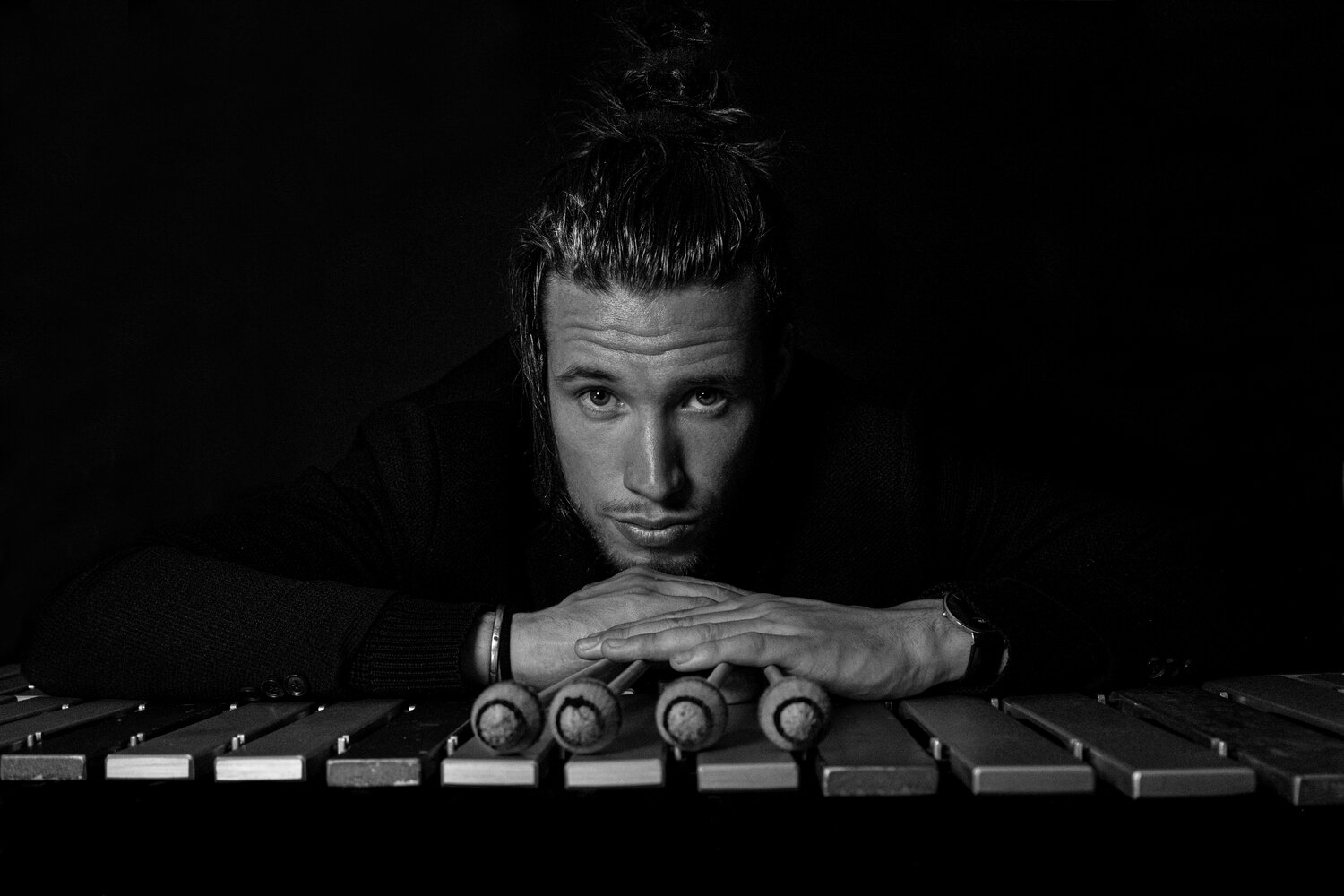


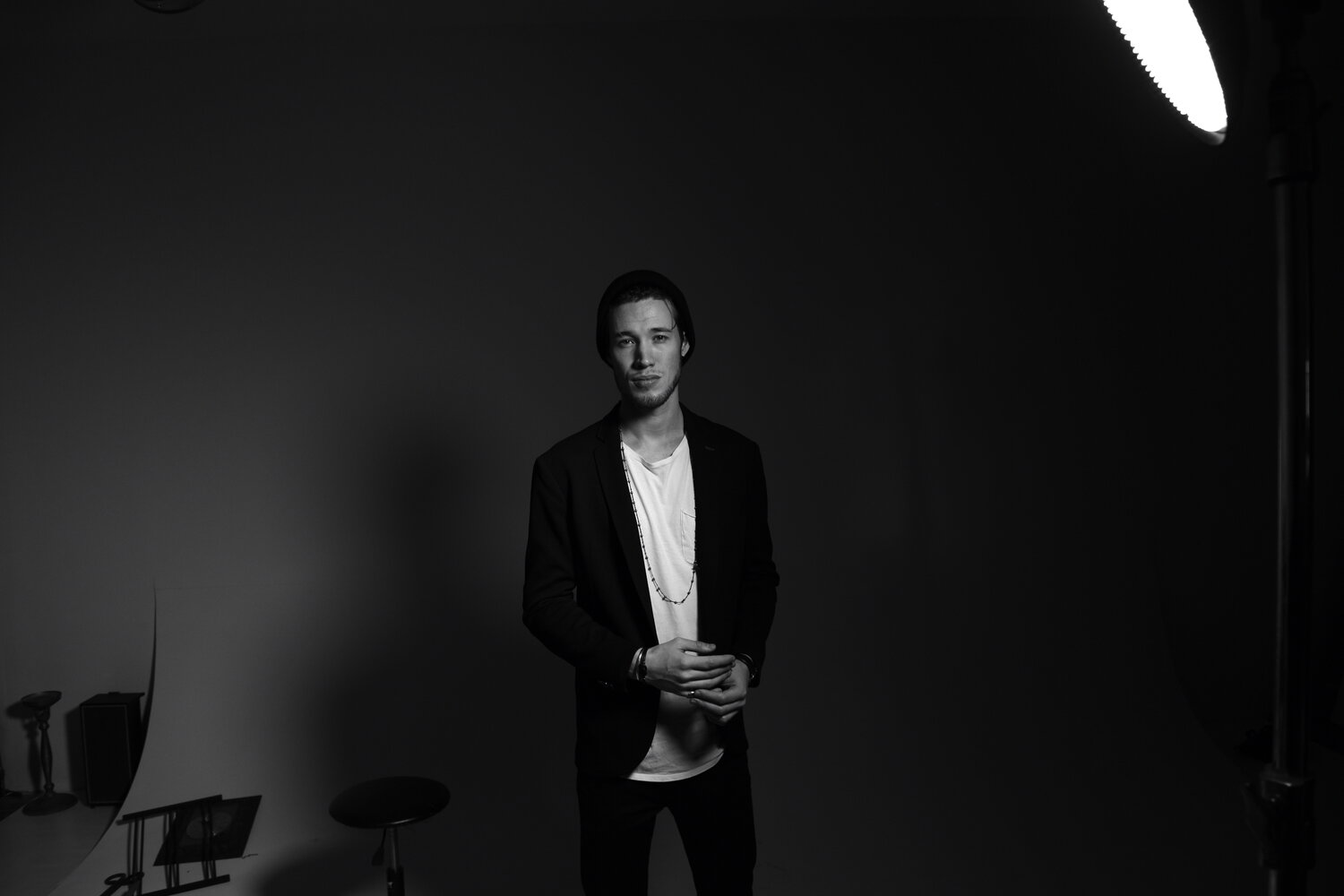



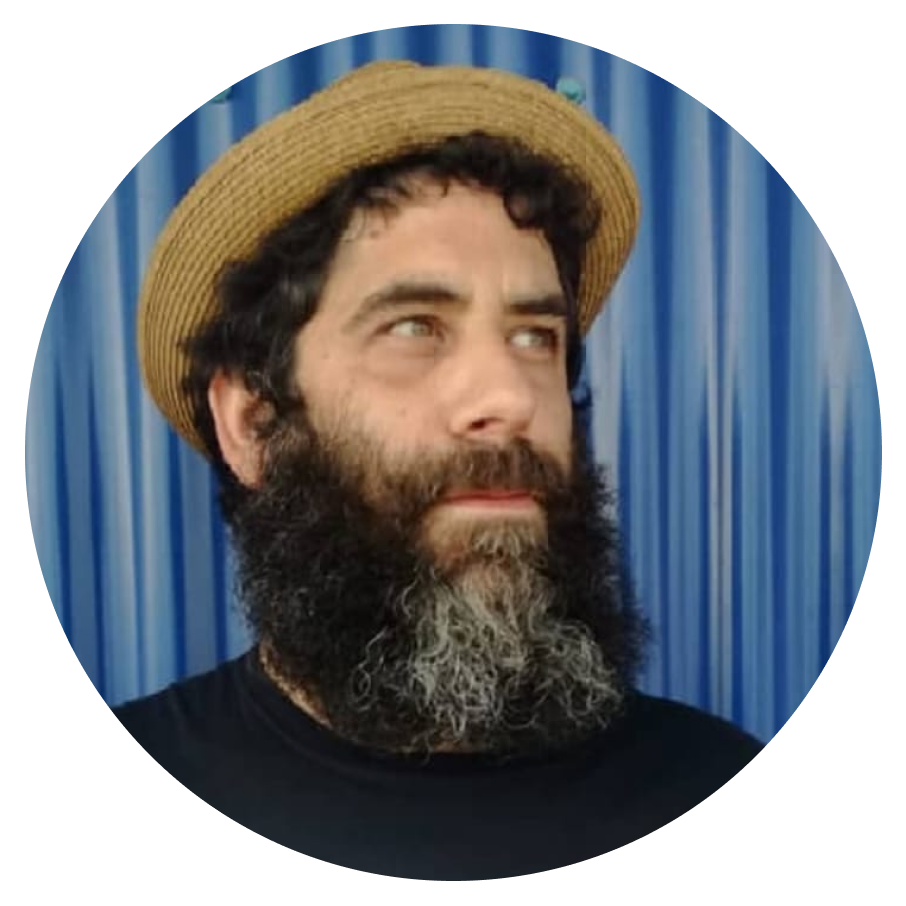
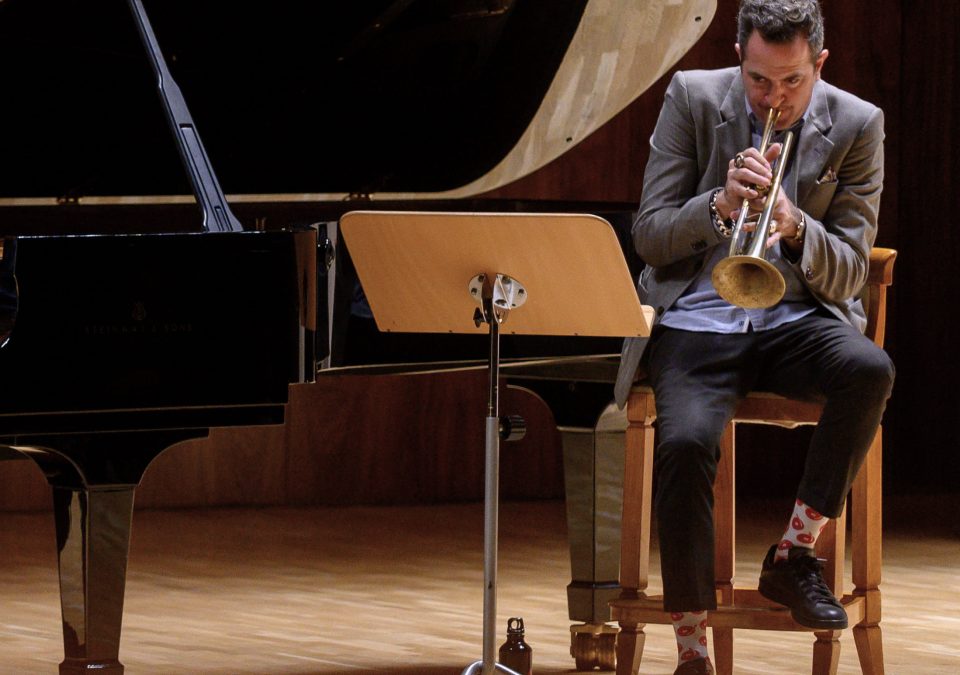
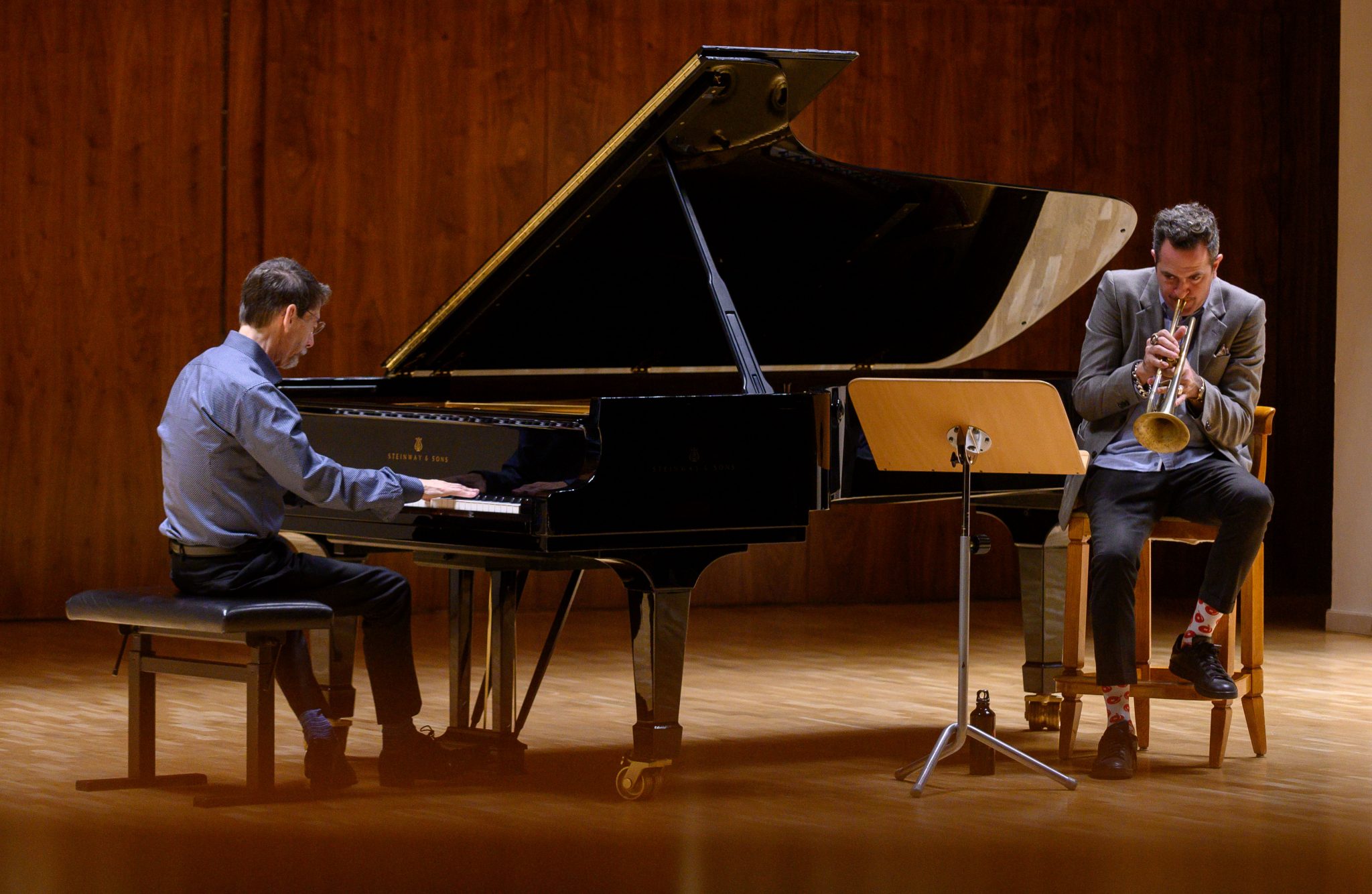
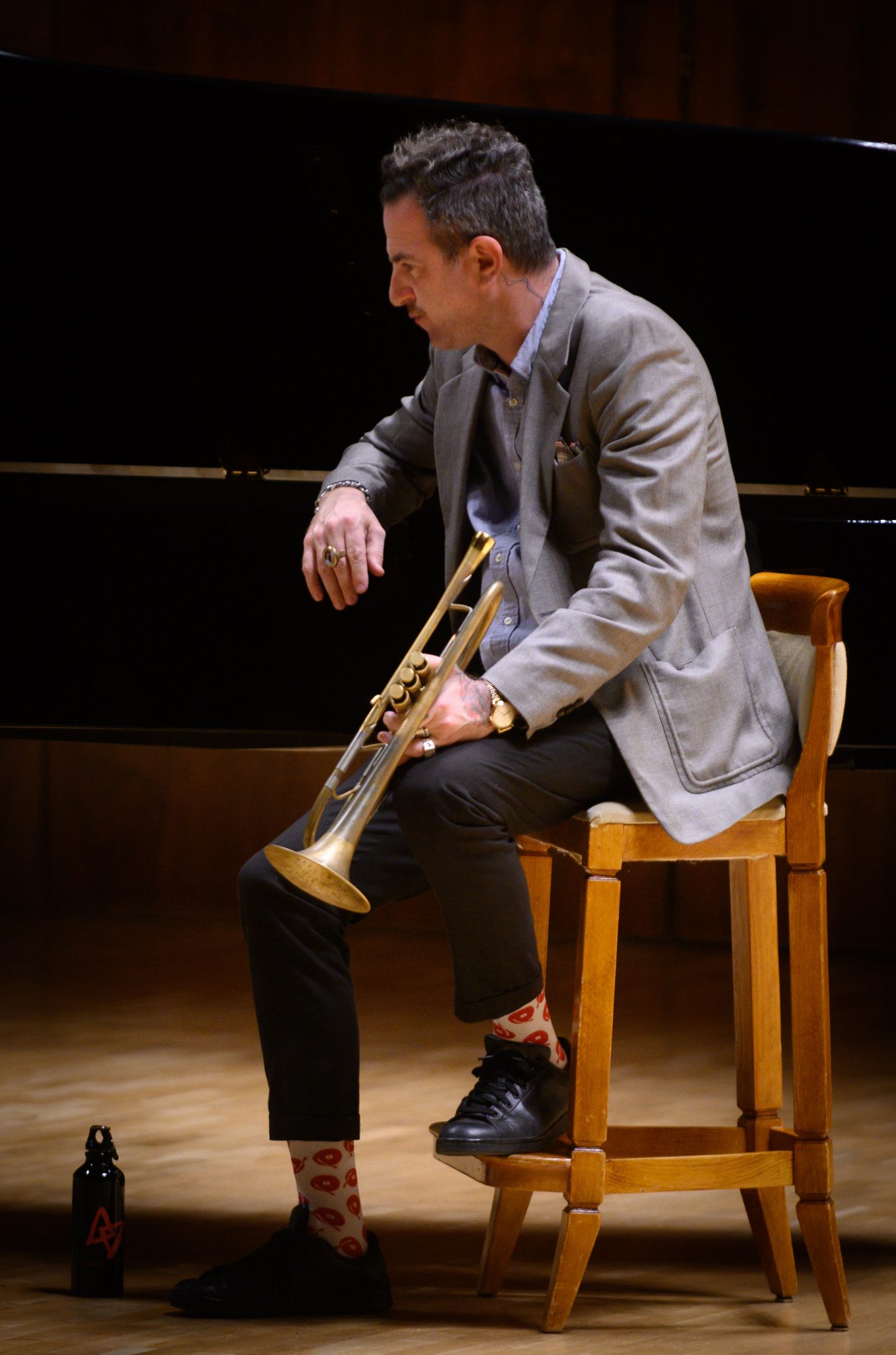
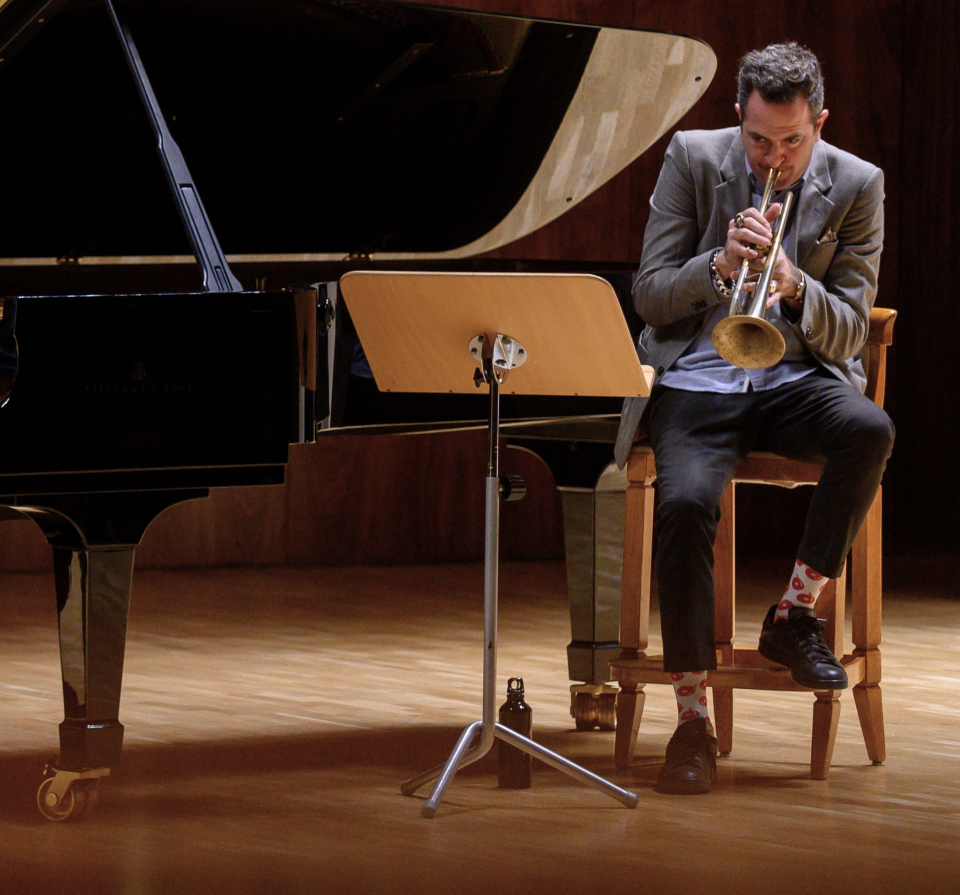
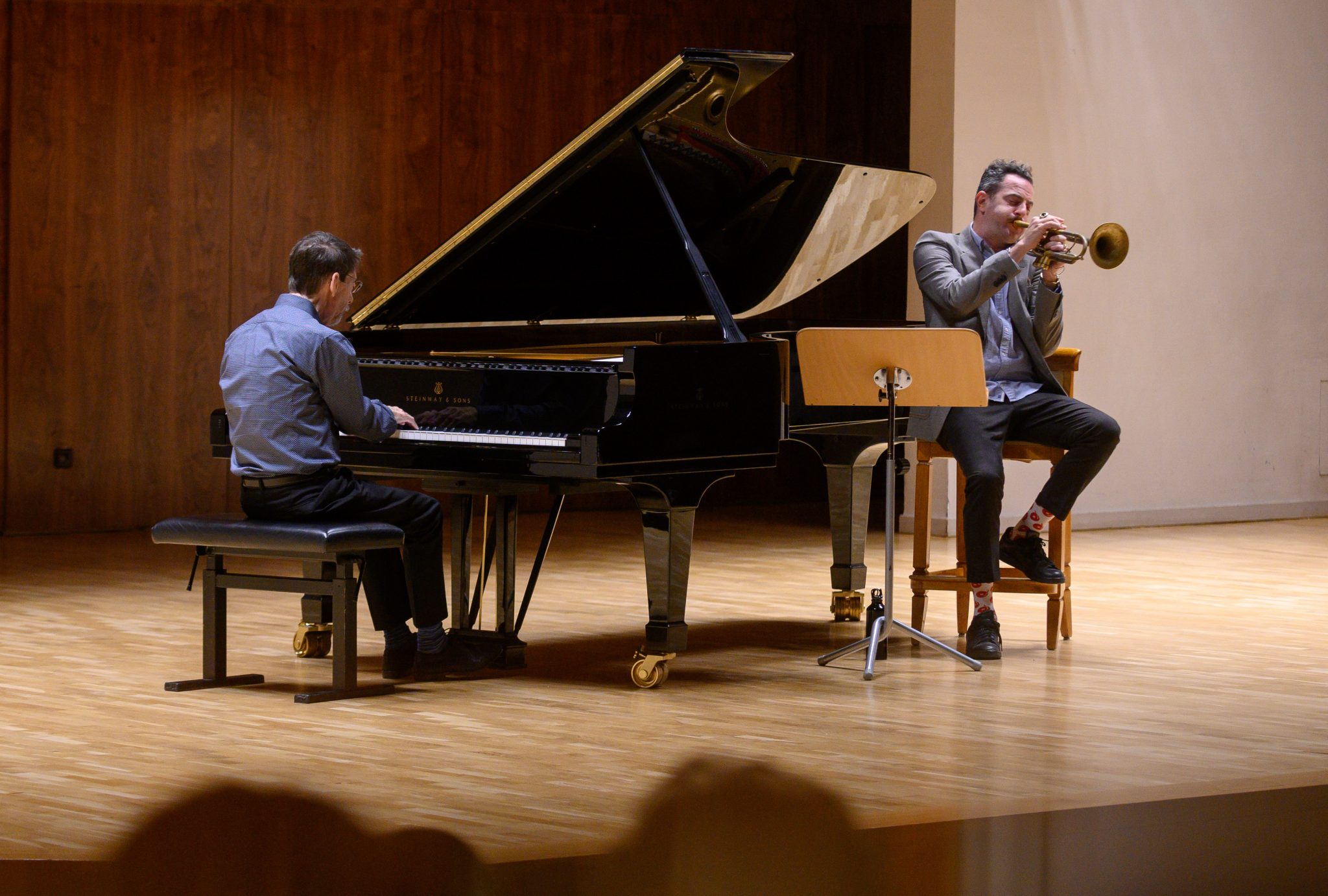
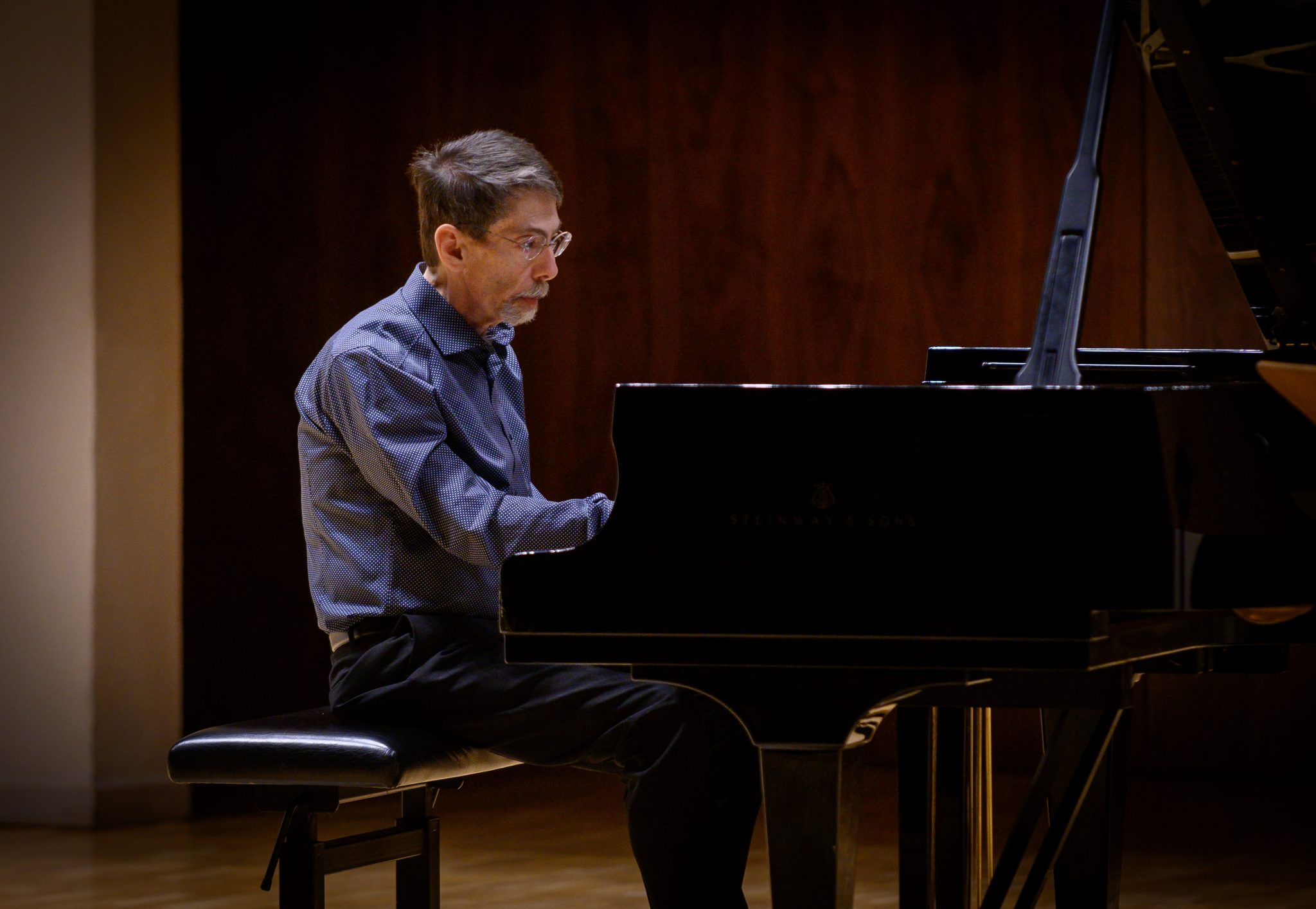
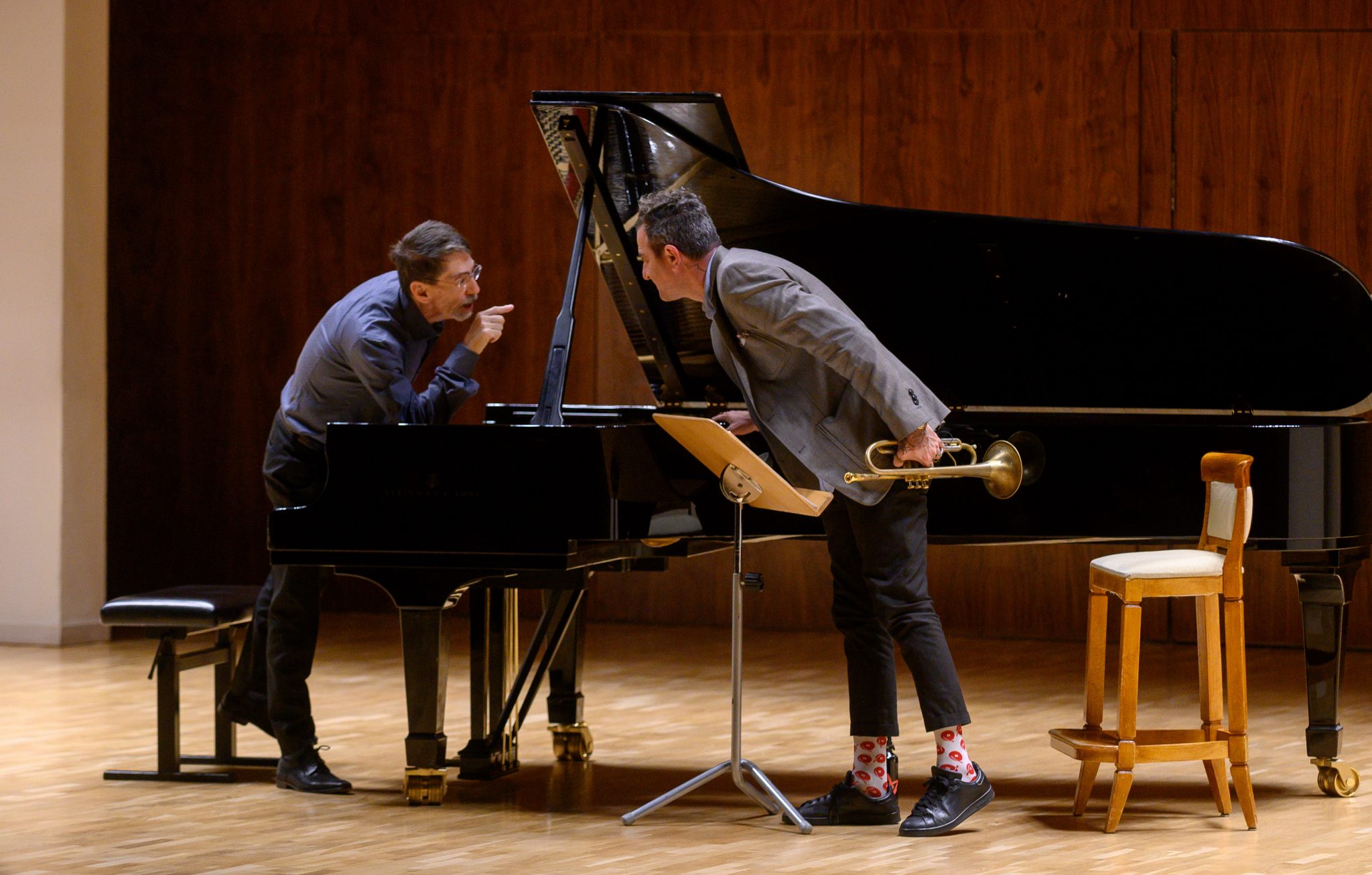
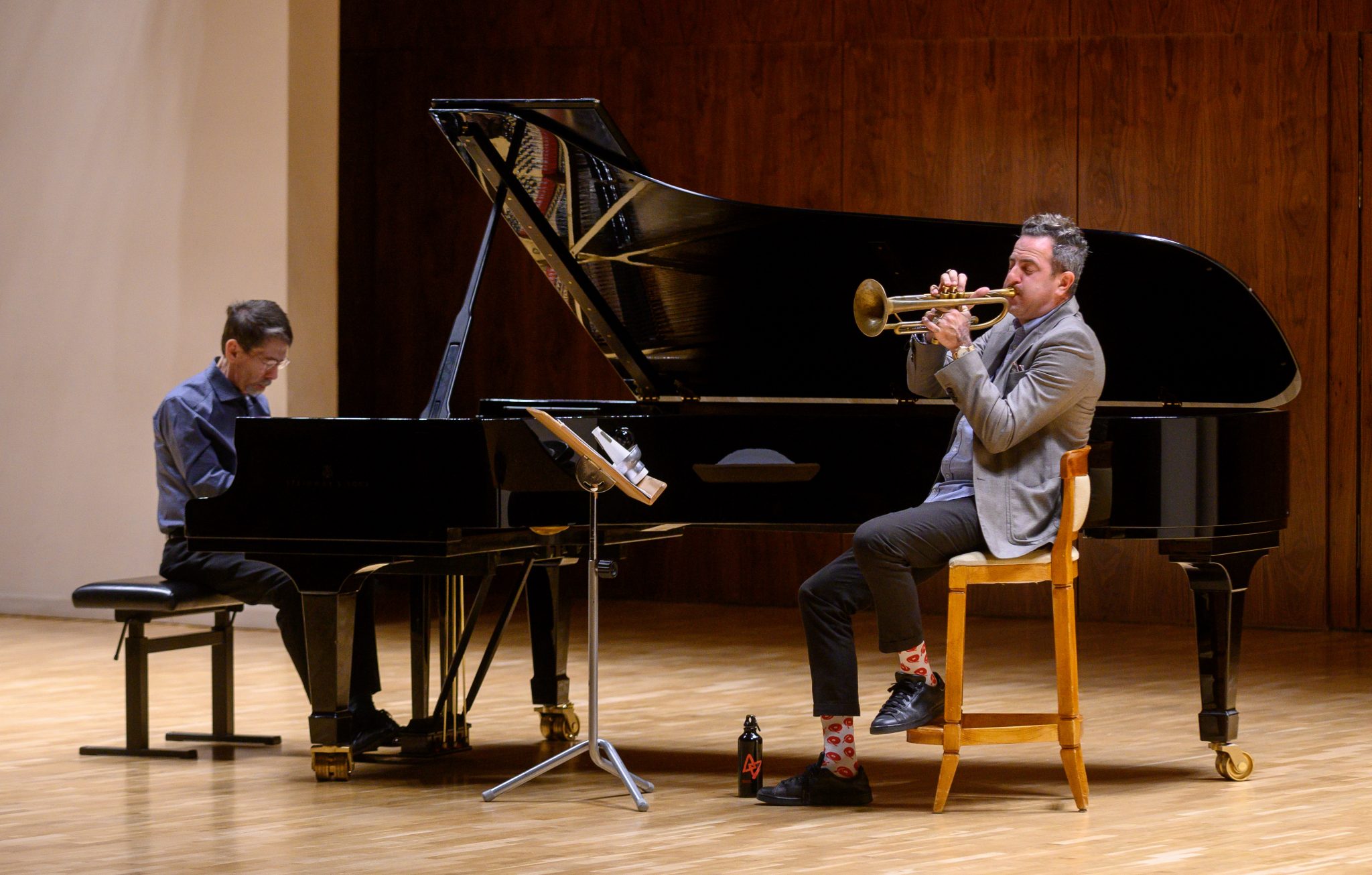
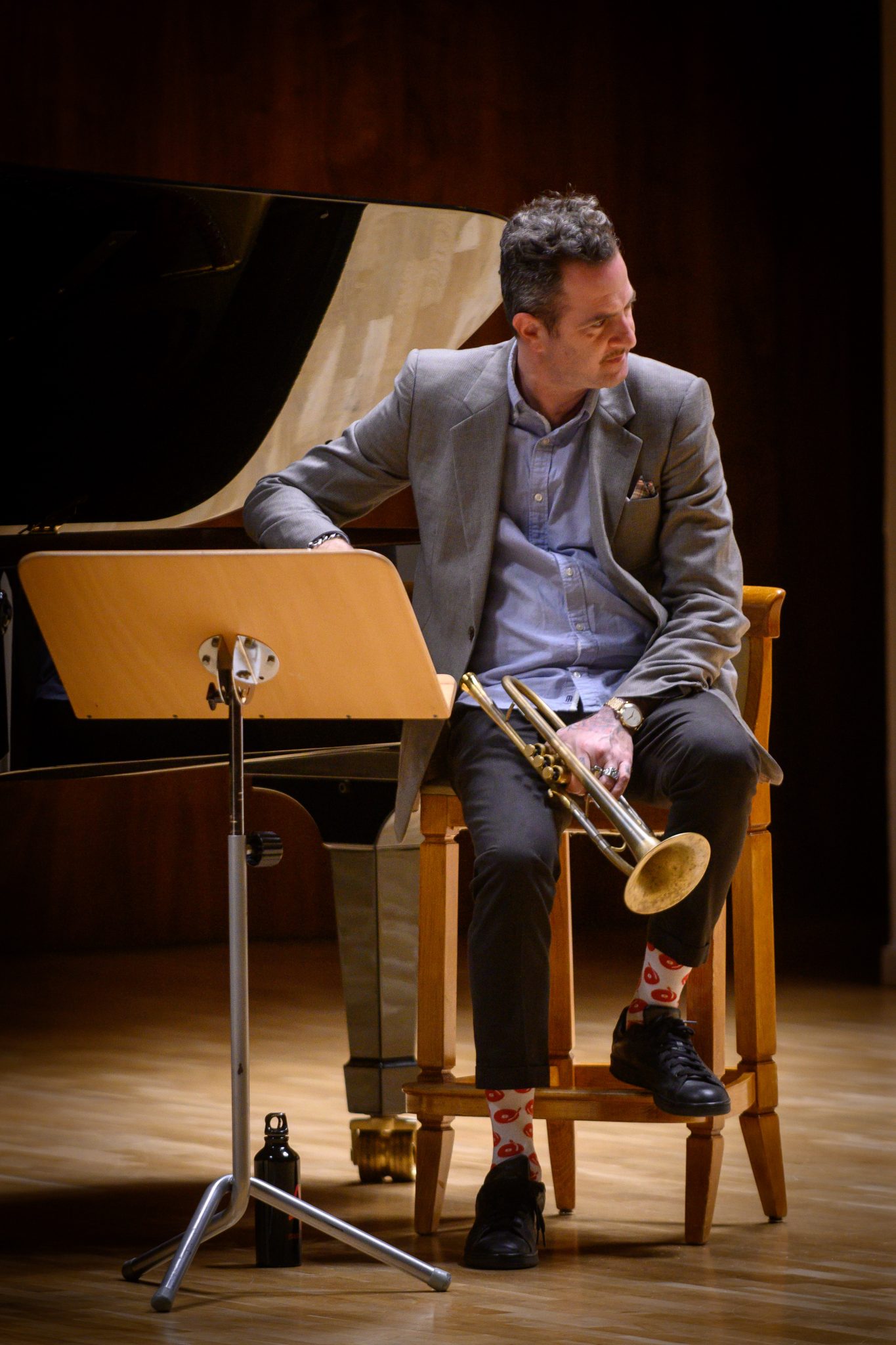


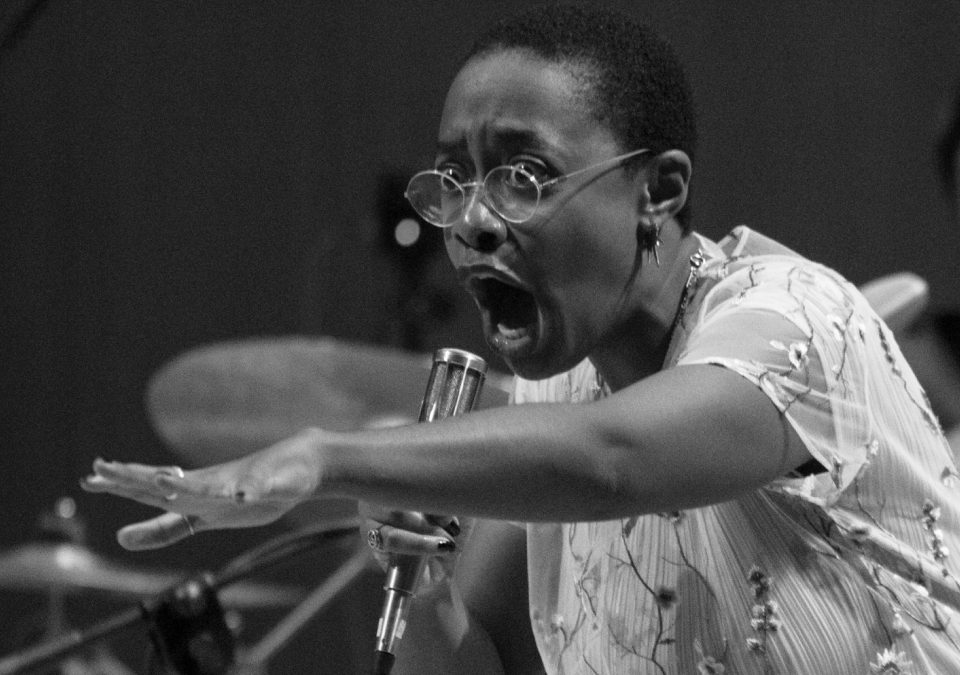
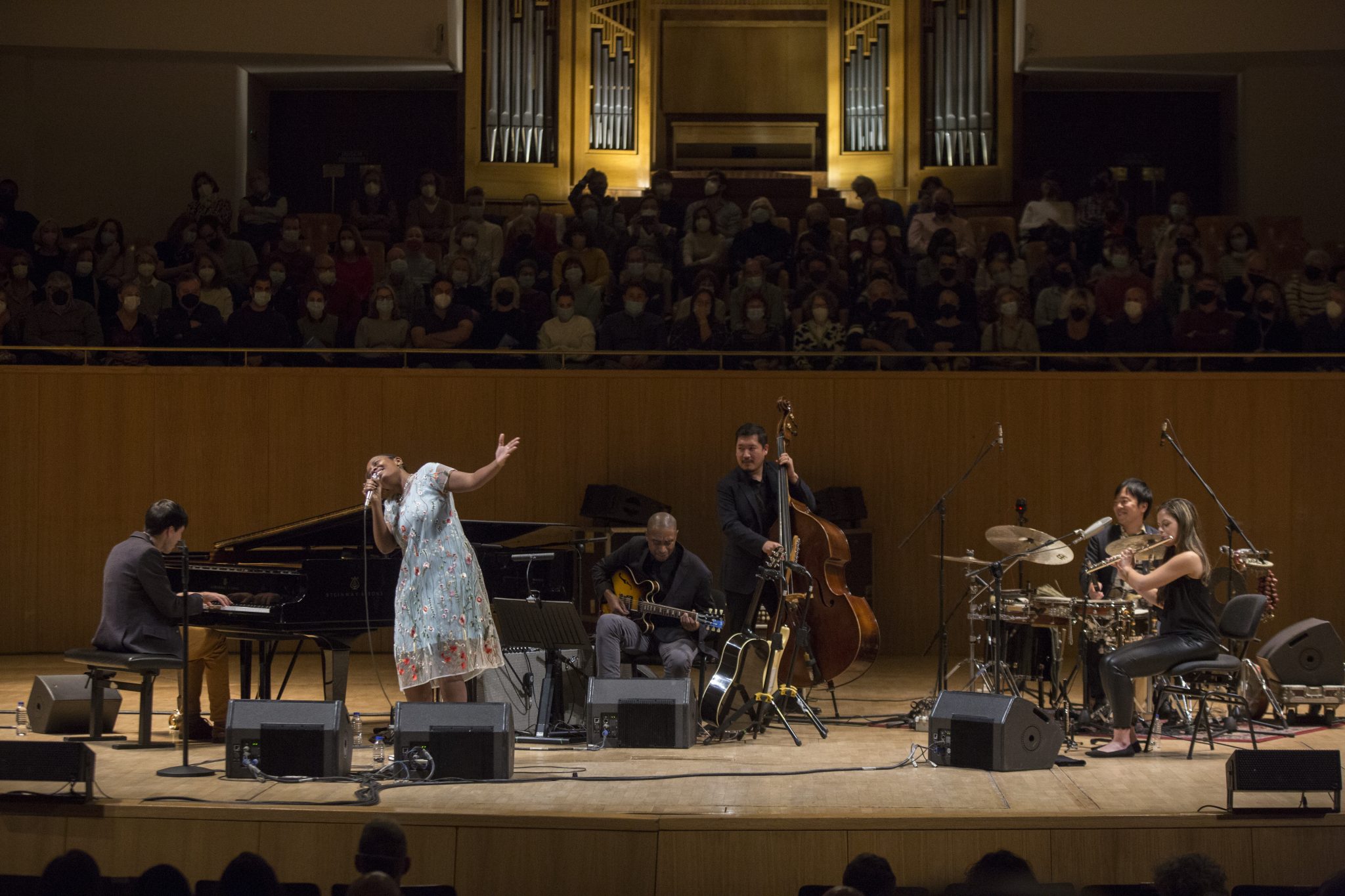
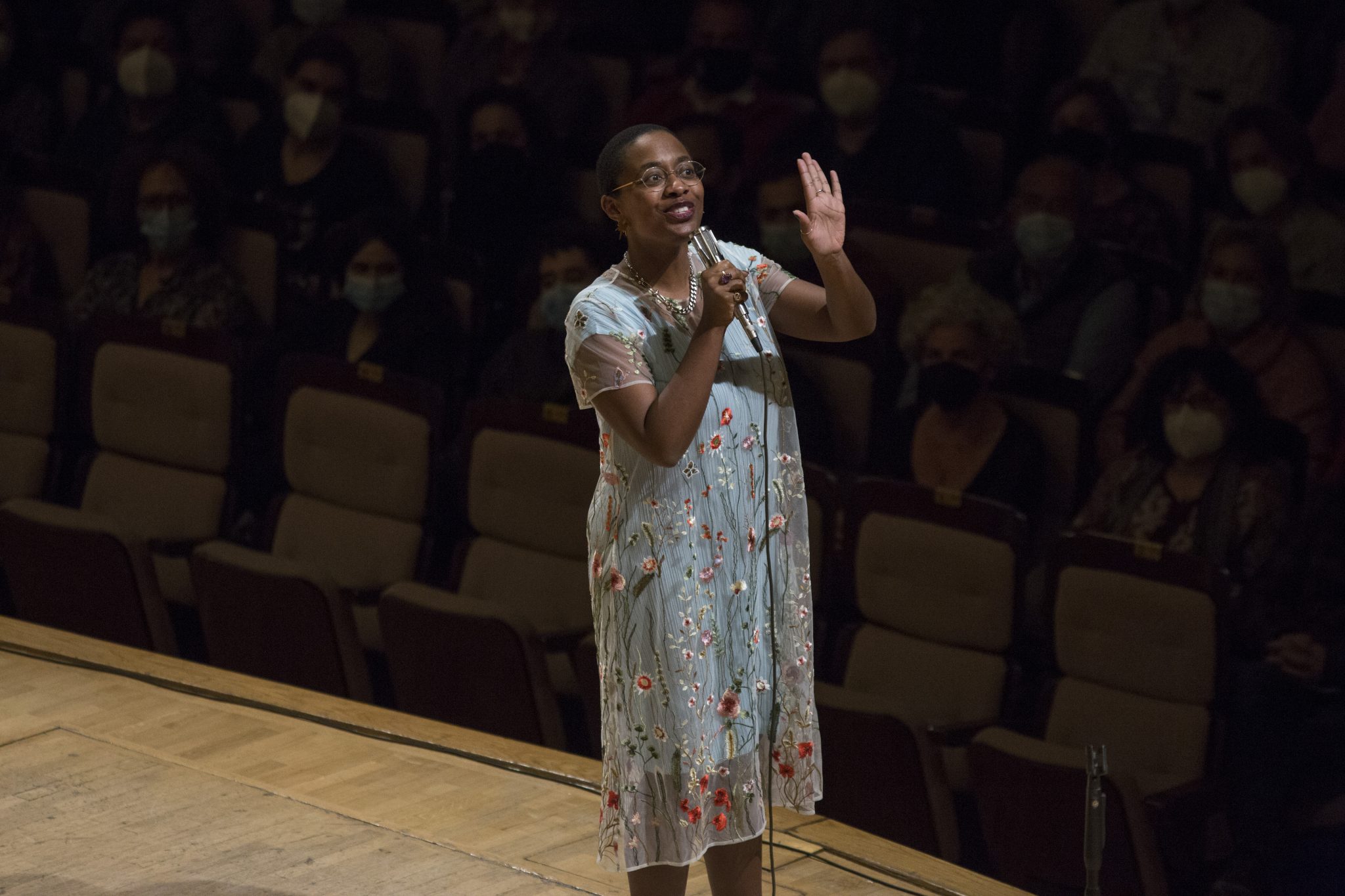
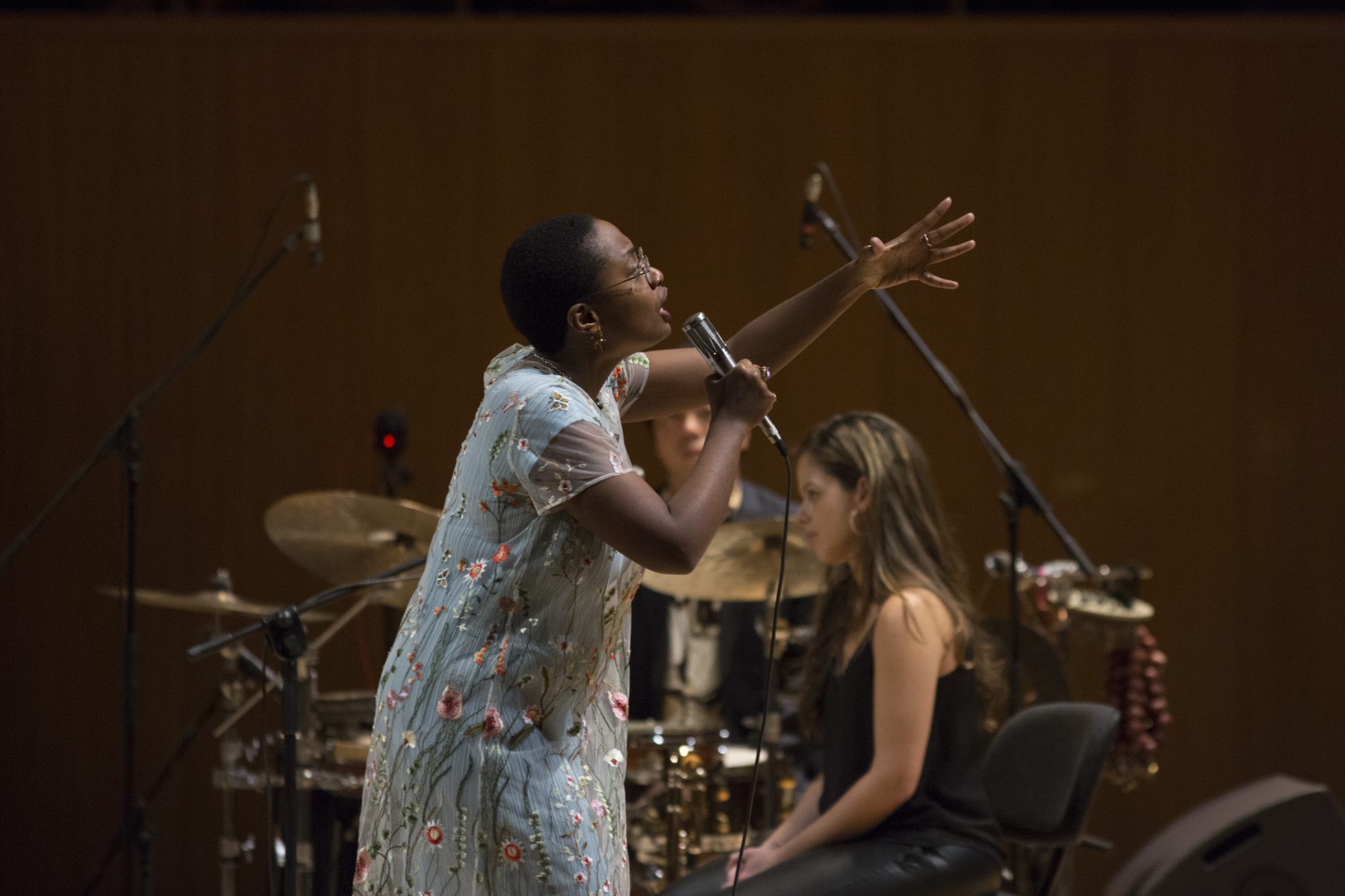


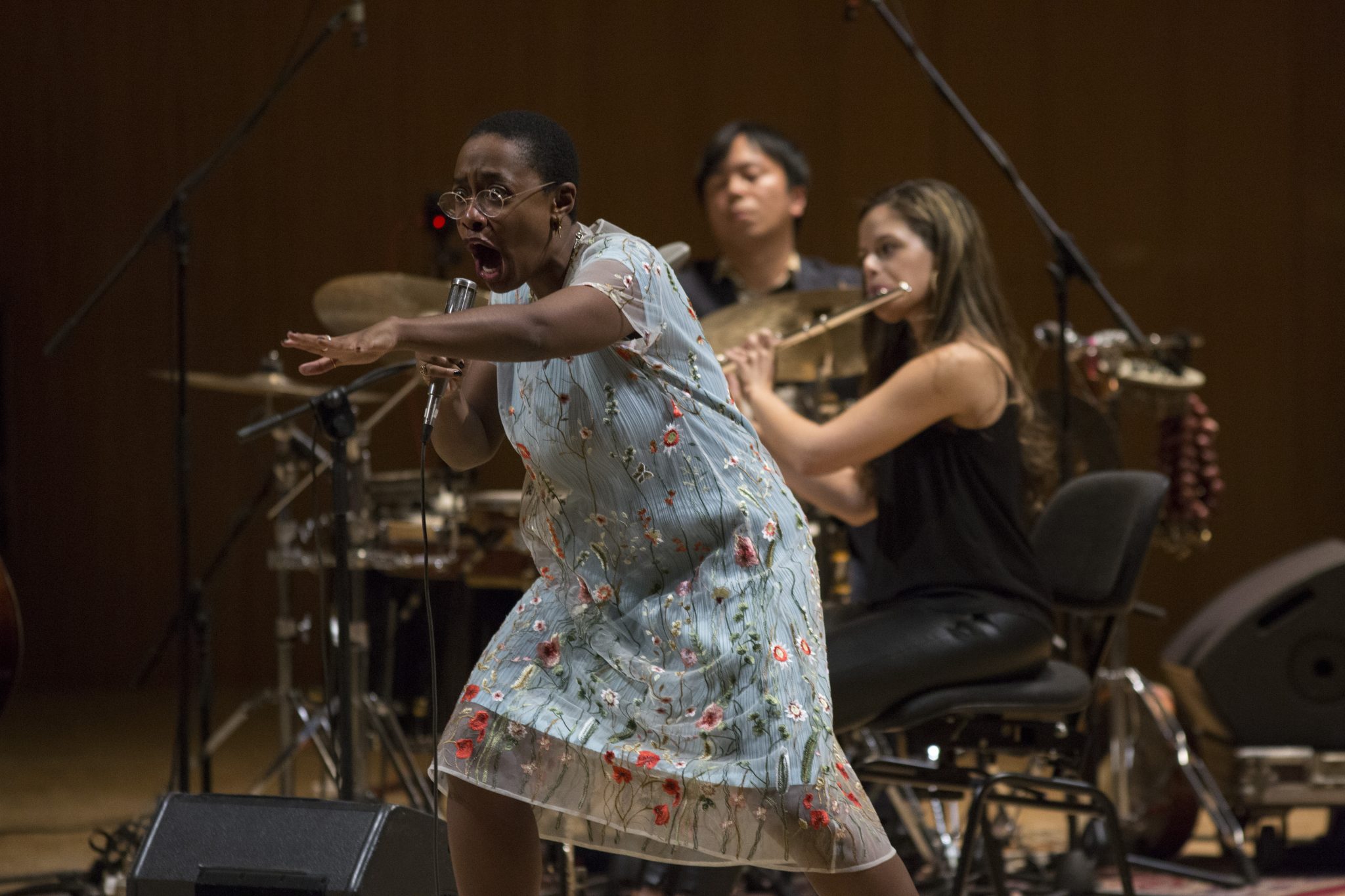
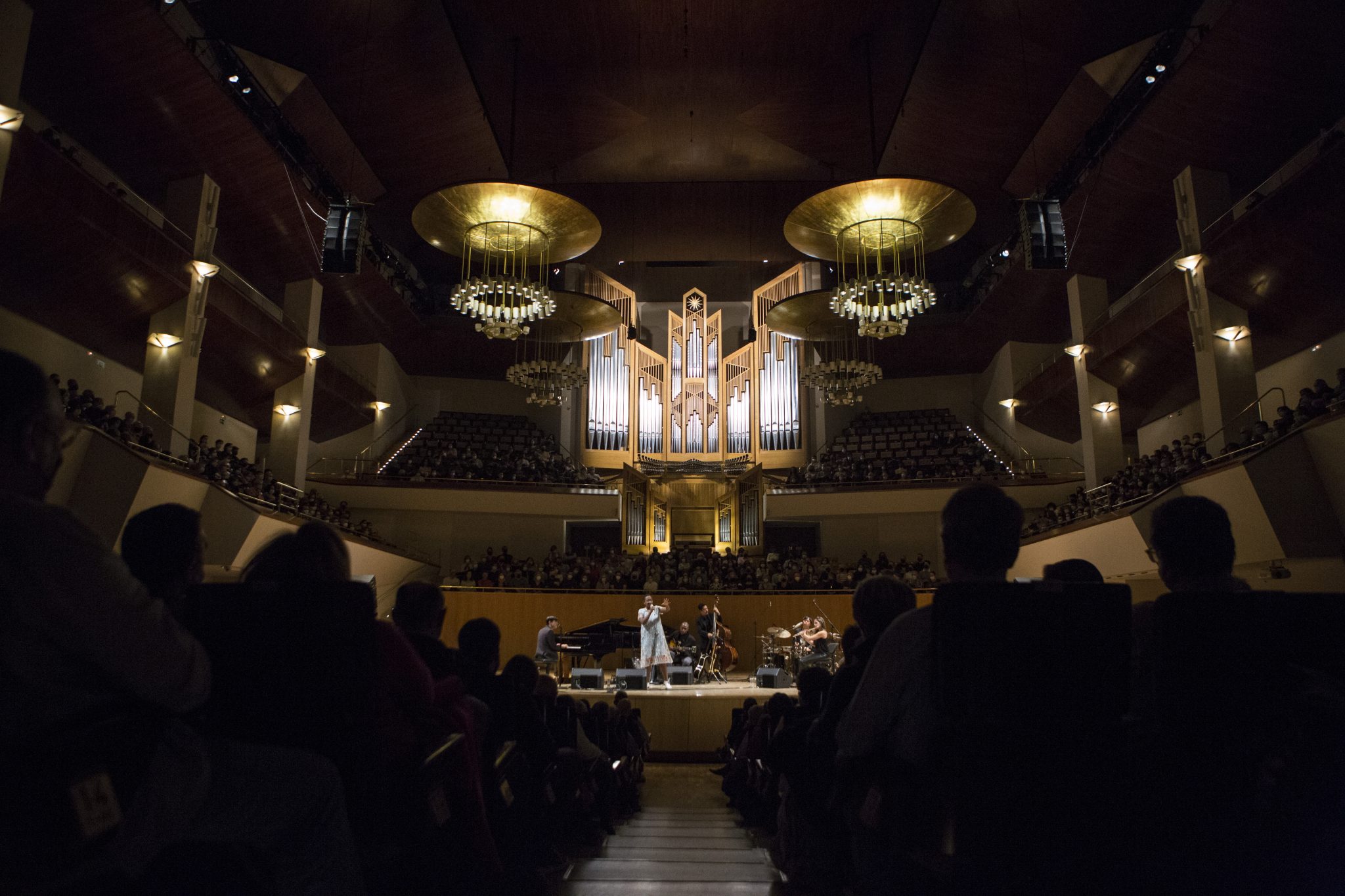
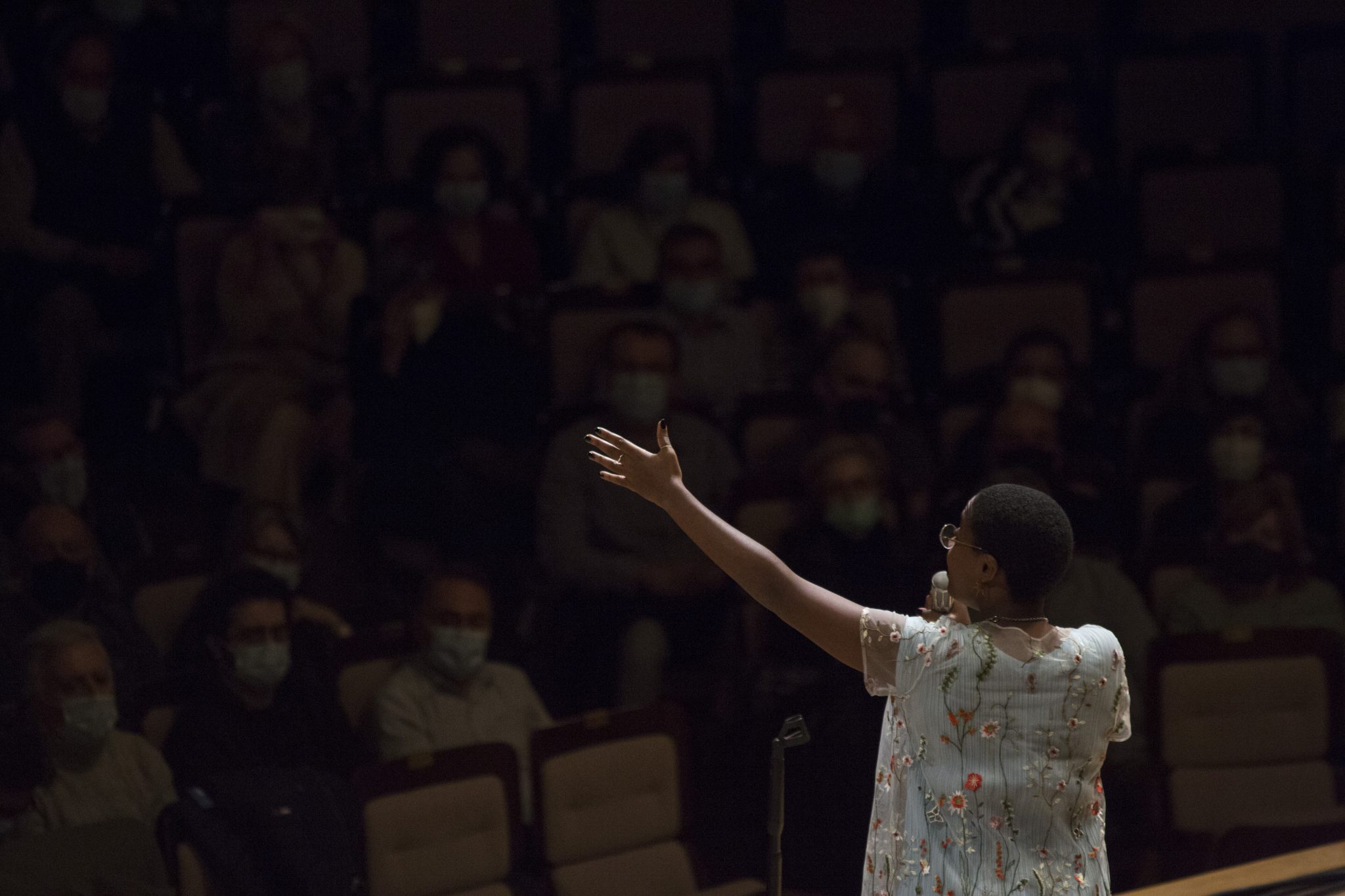
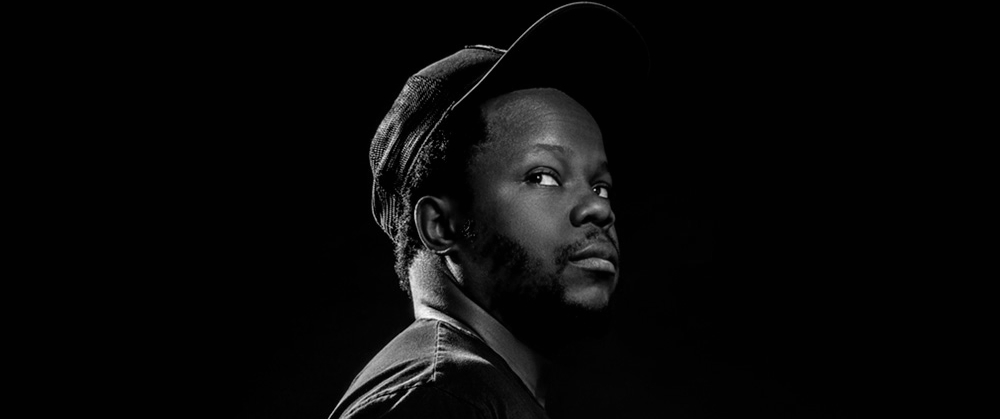
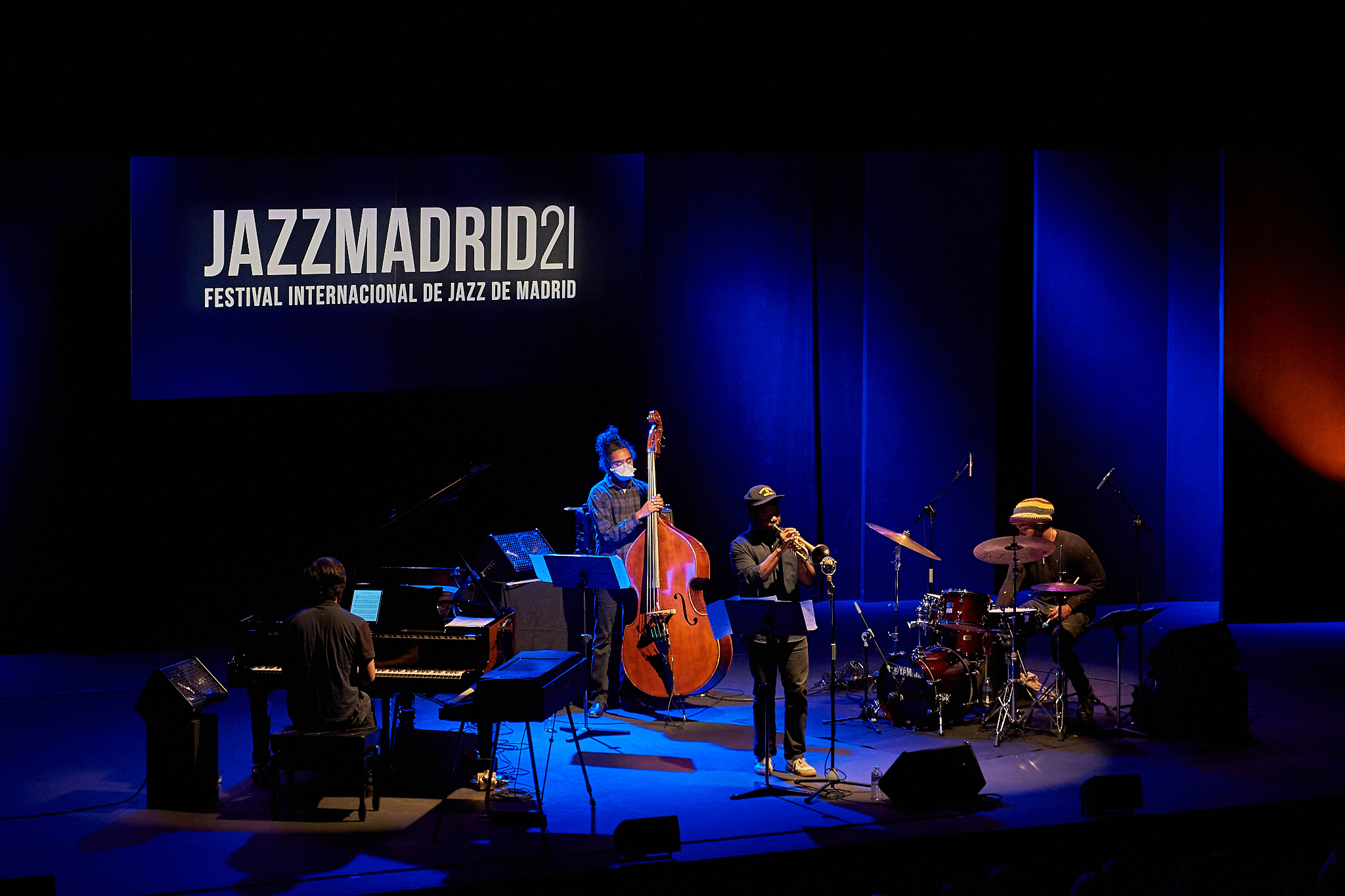
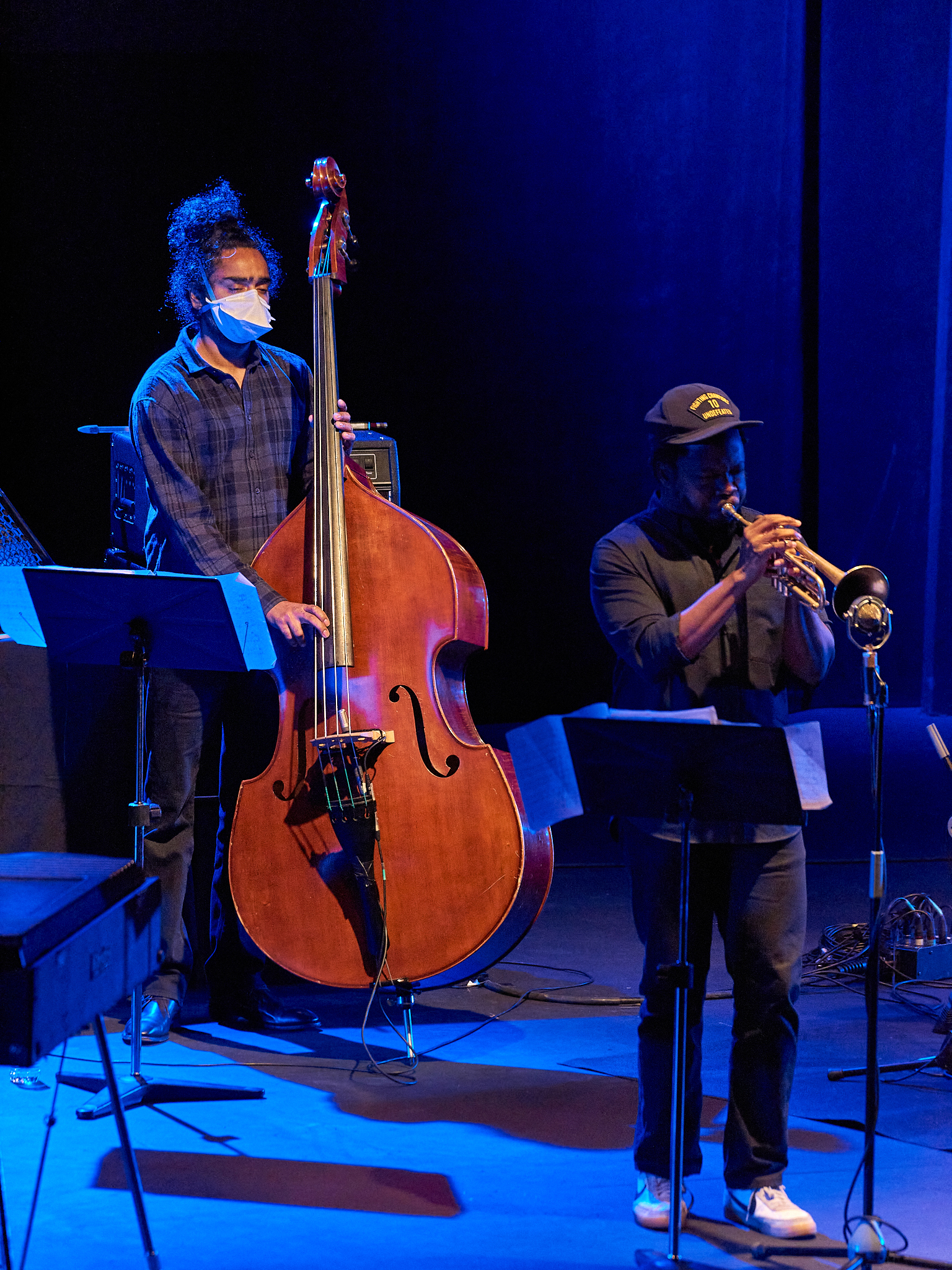
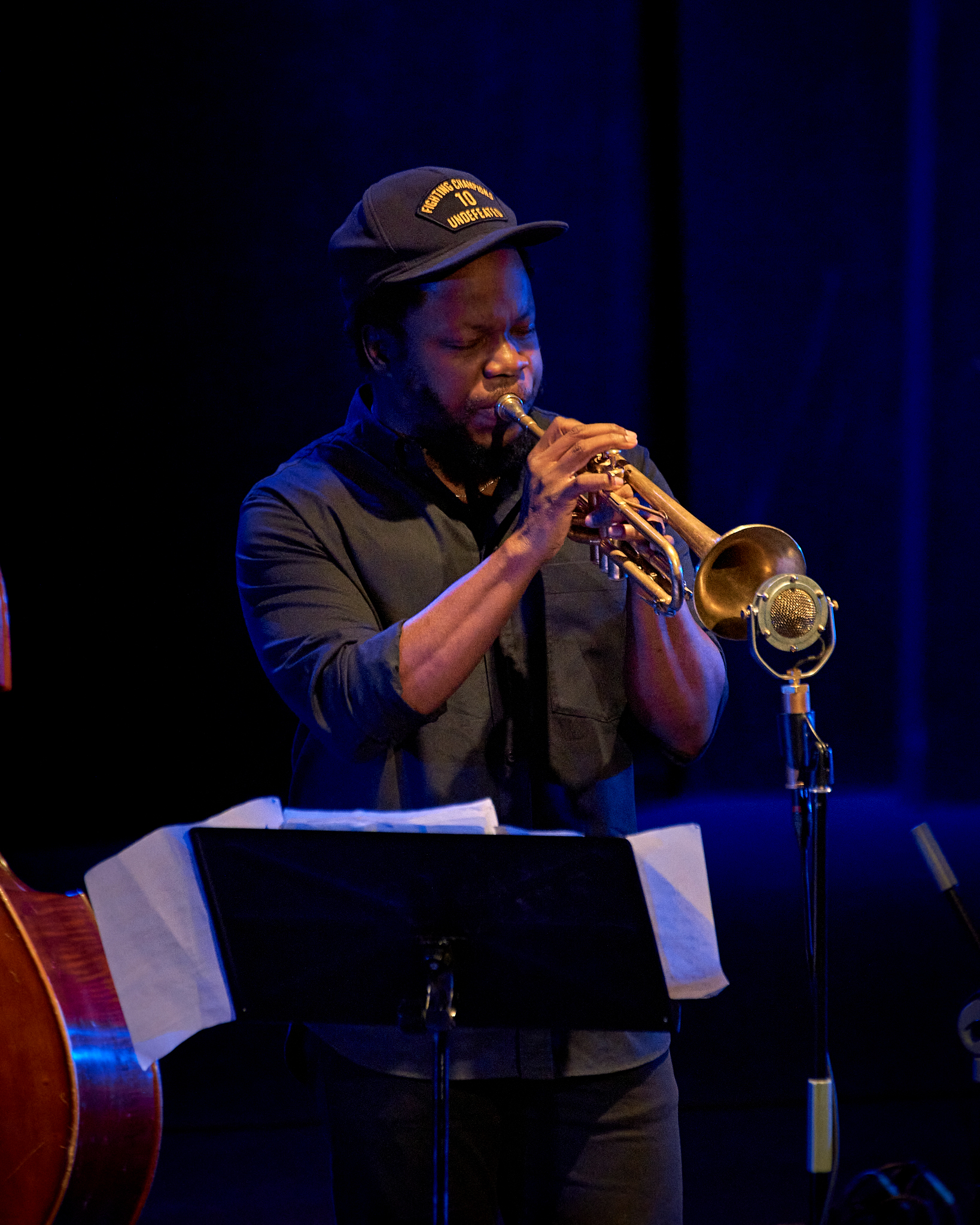


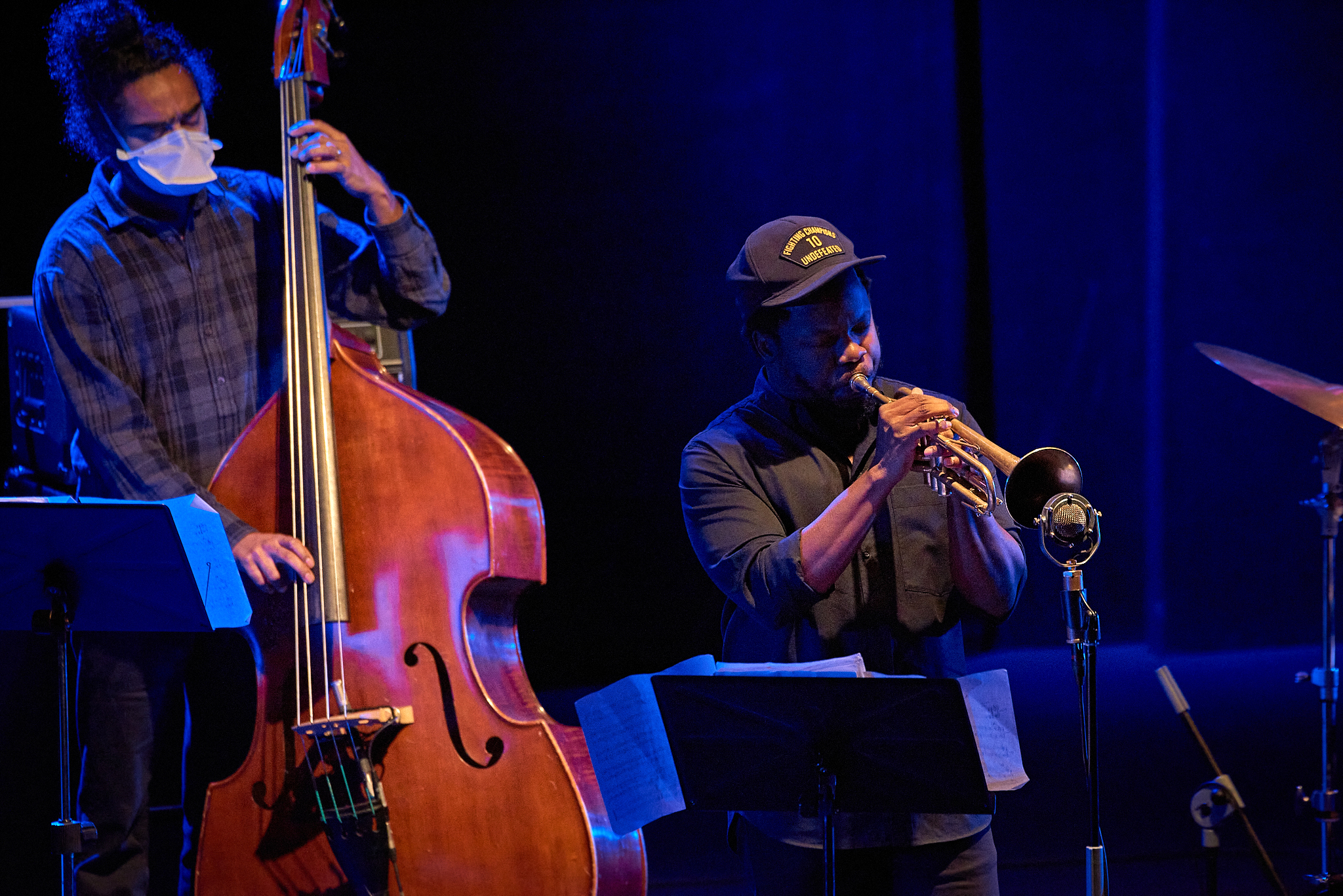
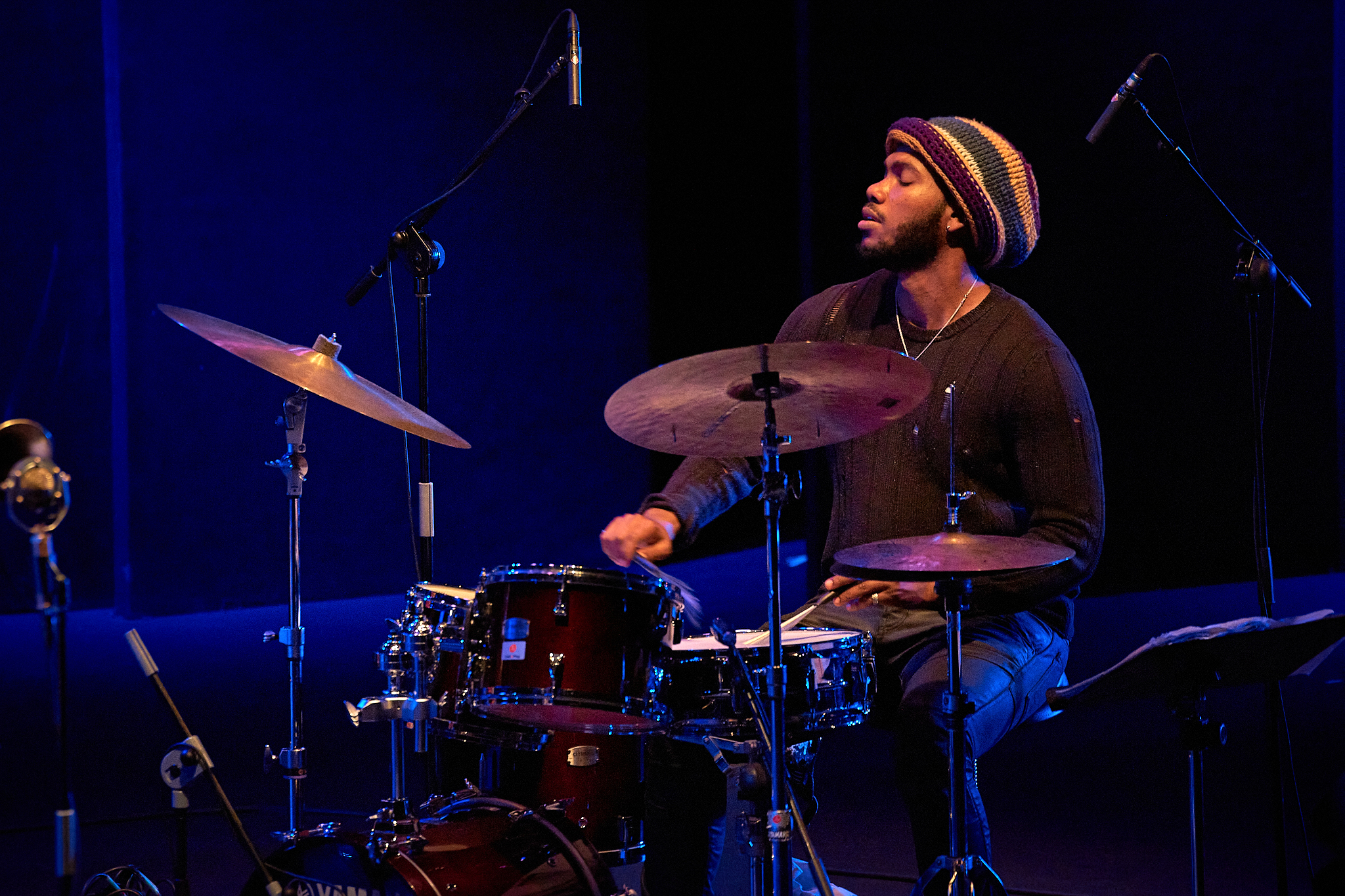
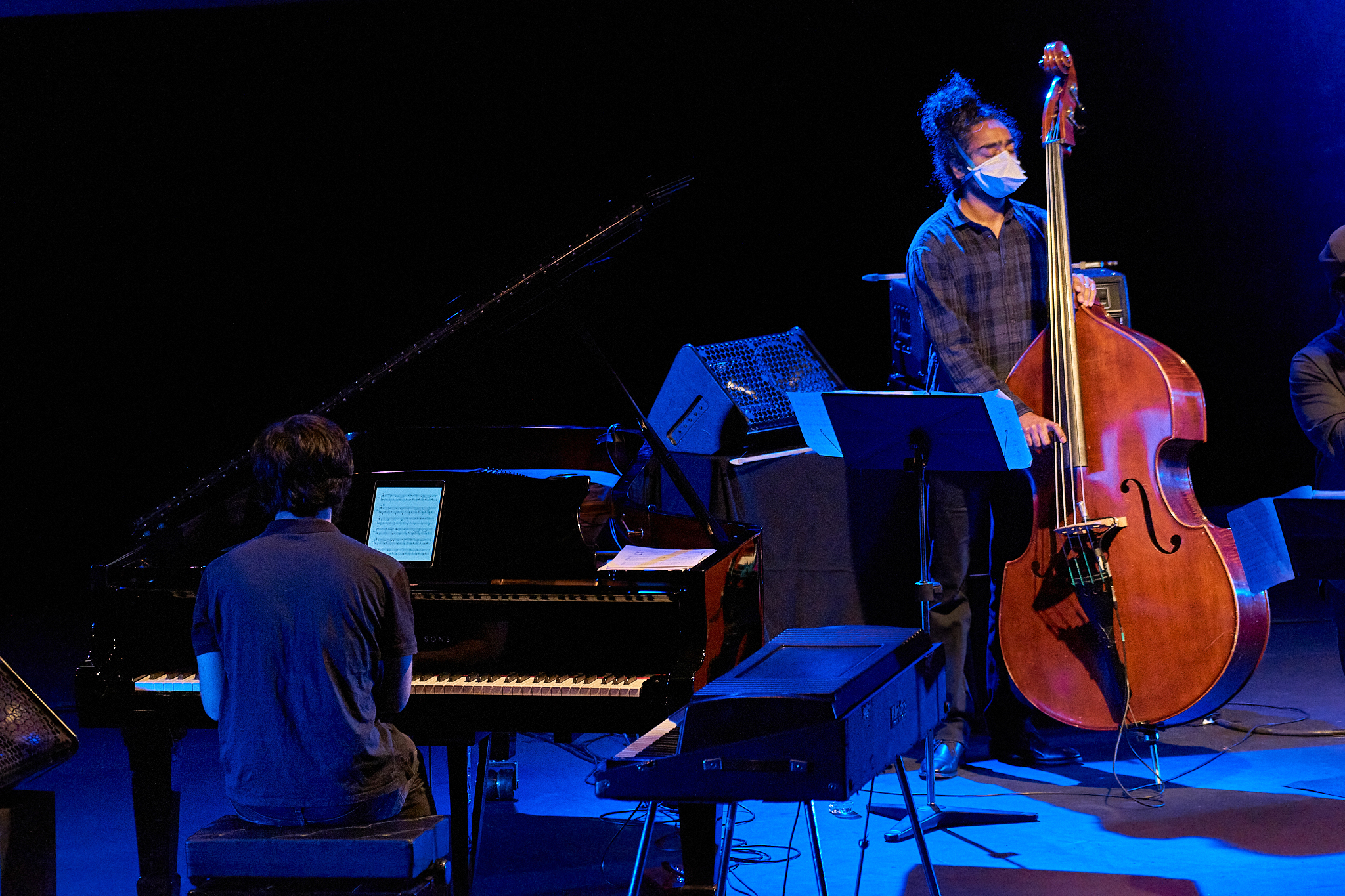

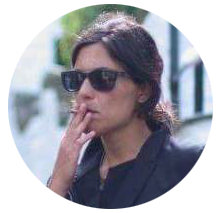
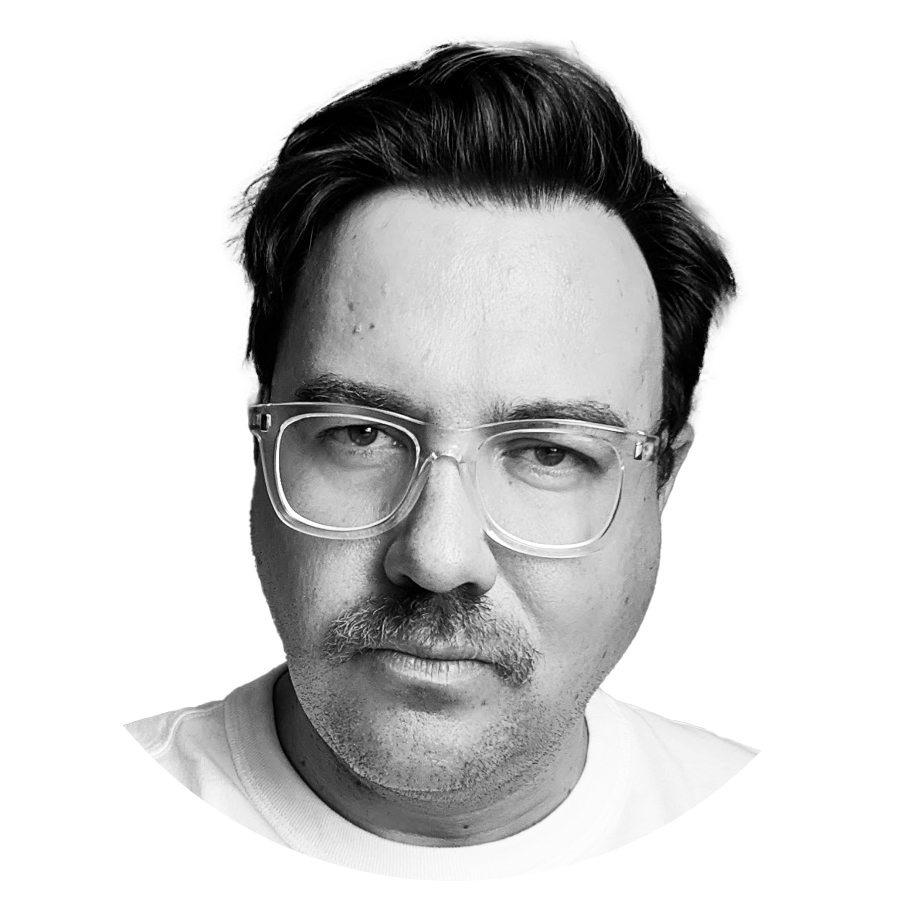
Comentarios recientes